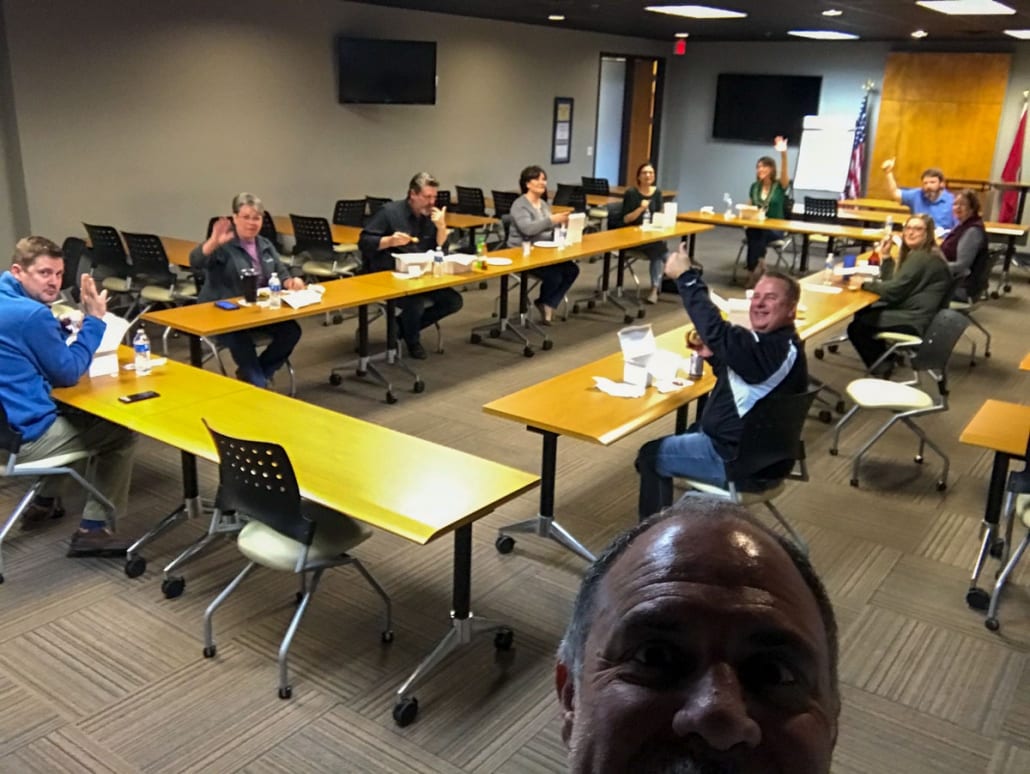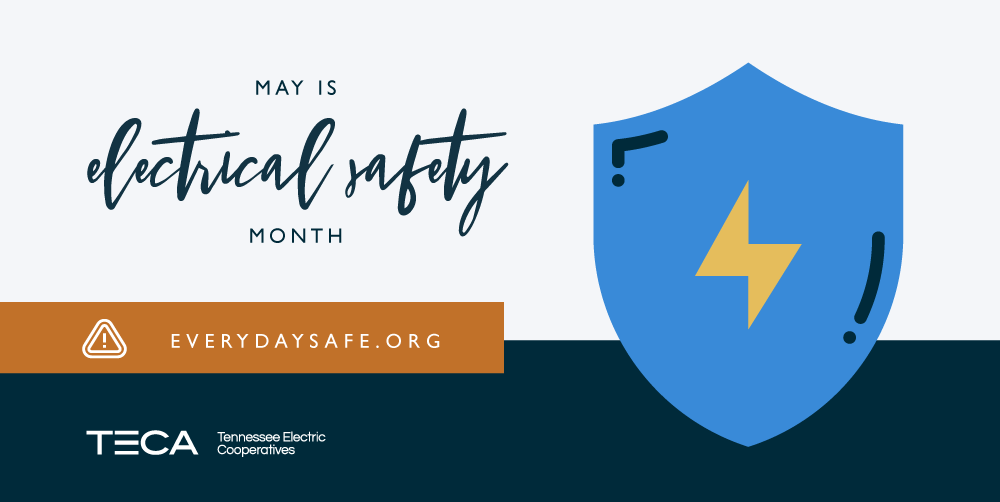Nashville — Several Tennessee co-ops and the Tennessee Electric Cooperative Association received recognition in the national 2020 Spotlight on Excellence Awards program sponsored by the Council of Rural Electric Communicators (CREC) and the National Rural Electric Cooperative Association (NRECA).
This year’s recipients include
Best Feature Story
Gold — Duck River Electric Membership Corporation
“Peach pit perfection”
Best Internal News Publication
Gold — Appalachian Electric Cooperative
Hotline
Best Special Publication — Large
Gold — Appalachian Electric Cooperative
“B is for Bucket Truck” children’s book
Best Total Communication Program
Gold — Tennessee Electric Cooperative Association
Power and Opportunity Campaign
“Tennessee’s electric co-ops have a great story to tell, and communicating with passion and professionalism is vitally important for our co-ops,” says David Callis, executive vice president and general manager for the Tennessee Electric Cooperative Association.
“Printed news publications, social media and videos are all more important than ever to keep members updated on issues affecting the electric cooperatives and their members,” added Scott Peterson, senior vice president of communications for NRECA.
The annual Spotlight on Excellence Awards program recognizes the best communication and marketing efforts by electric cooperatives and related organizations. Entrants competed with electric cooperatives of similar size in 16 categories. Electric cooperative communicators and marketing professionals submitted nearly 670 entries in the Spotlight on Excellence program. Faculty members from the University of Missouri — Columbia and the University of South Carolina as well as noted professionals in the fields of marketing, web design and digital communications, and newspapers judged the event, which uses a finite scoring system to determine the winners.
“We have always felt that our communications program at TECA was exceptional, and this award validates it,” says Callis. “Congratulations to our communications team and to all of this year’s Tennessee winners.”
You can view TECA’s complete winning entry here.



